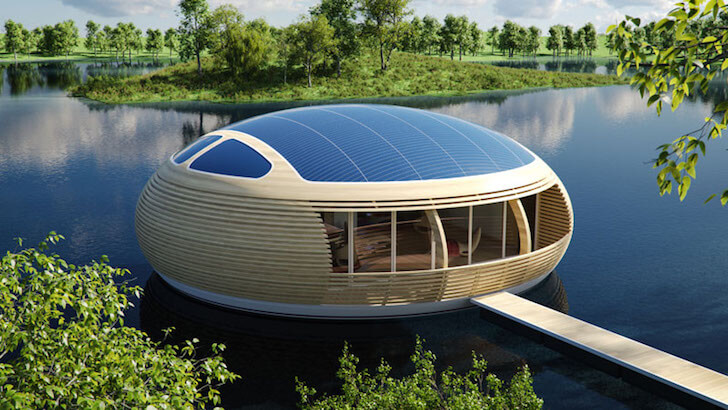From Guest Blogger Brooke Chaplan: Five Often-Overlooked Details of Converting a Home to Solar Power

Is Your Roof Suitable?
While this may seem obvious, many people tend to neglect this question. It’s important to assess your roof and examine all aspects before committing to solar panels. If your roof is mostly shaded, it doesn’t make much sense to install solar panels. In addition, if your roof is oddly shaped or might need repairs a few years after installation, you may want to re-think the solar panel idea.
Which Type of Solar Do You Prefer?
Solar roofs can use heat or sunlight to produce energy, and each one works better for different situations. You may also have a choice between classic solar panels and solar roof tiles. You’ll need to thoroughly understand your energy needs, the climate you live in, and the cost in order to make a sound decision about which source to use.
How Should You Connect Solar to Utilities?
Whenever you wish to convert to solar energy, you have to work out some logistics with your utility company. You’ll need to figure out how you’ll pay your bill, whether or not you’ll be credited for the energy your solar panels produce, and how long everything will take to connect. You may also need special cord adapters or other electrical equipment to make it possible.
Is Leasing or Purchasing a Better Option?
You can purchase your own solar panel system or lease one. While buying the system costs more initially, it can pay off in the long run. On the other hand, leasing a system gives you cheaper electricity bills but with more restrictions. You also risk losing access to the system once your lease has ended.
Do You Need Solar Panels?
Before installing expensive solar panels, it’s important to thoroughly examine how much they will actually save you in the long run. Have you done everything possible to lessen your energy use at home? Be sure to do a thorough audit of your energy consumption before investing in solar panels. Solar panels will almost always save you money, but depending on your consumption levels, credit received, and your long-term plans for your home, they may not be the right immediate choice.
While solar panels are good for the environment and a reliable energy source, it’s still a good idea to make sure you know how effective they will be for your home. Take your time to consider your options, and try not to miss any of the details.
